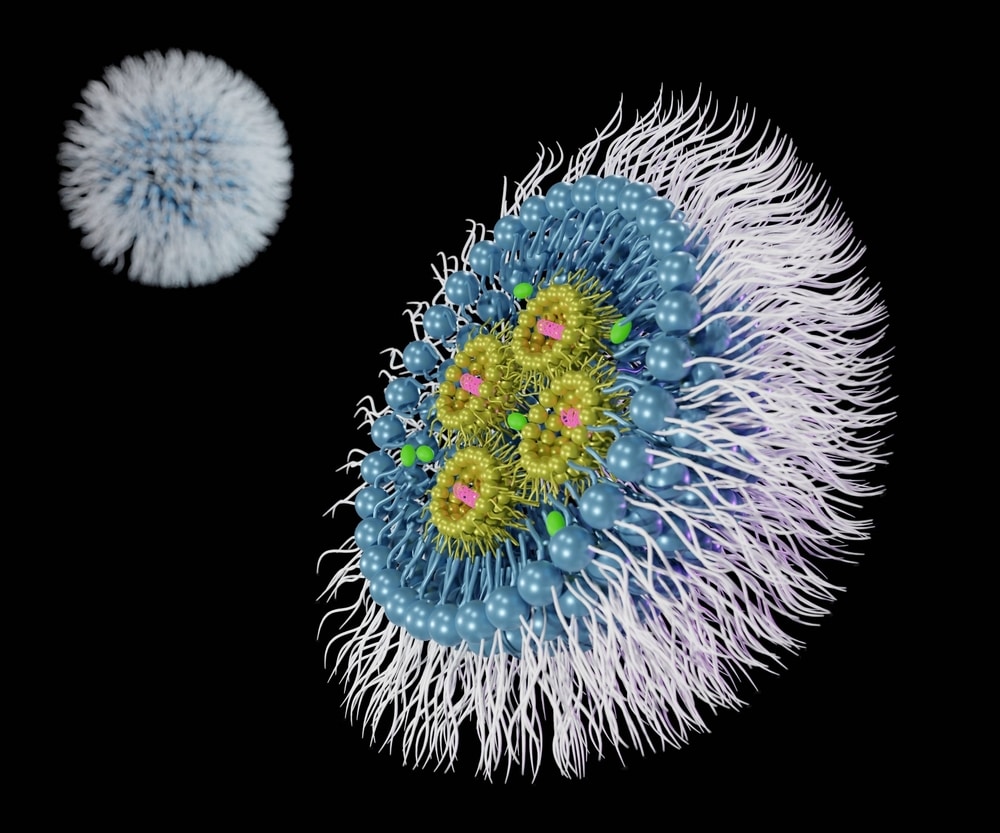Eleven Therapeutics has raised a total of $22 million in seed funding.
Among the roster of funders is the Bill & Melinda Gates Foundation, which committed $9 million in funding to Eleven, including $5 million towards future equity investment supporting the development of a first-of-its-kind platform that designs small interfering RNAs (siRNAs) with ultra-long durability by utilizing high throughput combinatorial chemistry and artificial intelligence (AI).
Eleven’s platform aims to decipher the structure-activity relationship (SAR) of siRNAs.
The number of possible molecular compositions is high, exceeding the number of grains of sand on earth. The platform solves this challenge by generating functional data about the activity profile of an unprecedented scale of siRNA molecules in parallel.
In order to unlock the rules of SAR, the team is developing a deep learning framework. Ultimately, this proprietary, patent-protected, massively parallel screening platform will systematically identify the best combination of building blocks for therapeutic candidates.
“Eleven’s new platform addresses a long-standing challenge in RNAi,” said Greg Hannon, director of the Cancer Research UK Cambridge Institute at the University of Cambridge, scientific co-founder of Eleven, and one of the world’s leading pioneers in RNAi.
“The potential chemical space for optimizing these molecules is absolutely massive. Eleven’s solution will map this space by generating unprecedented amounts of data, which can then be leveraged by AI. We are thrilled about this new funding and the vote of confidence by our investors that it represents.”
RNAi therapeutics
The additional $4 million by the Gates Foundation was awarded as a non-dilutive grant, furthering Eleven’s development of prophylactics against endemic and pandemic-poised respiratory viruses. The Gates Foundation’s funding will promote wide accessibility of Eleven’s ultimate treatments to people in need in developing countries.
The company additionally has a cooperative research and development agreement (CRADA) with the Vaccine Research Centre of the NIAID.
“I am delighted by the continued success of Eleven Therapeutics,” said Daniel Douek, chief of the human immunology section at the Vaccine Research Center of the National Institute of Allergy and Infectious Disease, National Institutes of Health.
“NIAID has a Research Collaborative Agreement with Eleven with respect to siRNA technologies against pandemic threats. Eleven’s new platform to map the structure-activity relationship of siRNAs to increase their durability and efficacy could play an important part in our collaborative efforts.”
“The future equity investment and grant funding from the Gates Foundation propels our revolutionary efforts of mapping the chemical space of oligonucleotide therapeutics. Our platforms pave the way for the discovery of groundbreaking RNAi therapeutics and prophylactics against some of the most devastating diseases of our time,” said Yaniv Erlich, co-founder and CEO of Eleven Therapeutics.
Additional funding sources include Kindred Capital; NFX Bio (formerly TechBio); Harel Technology Investments; Entrée Capital; and the Innovate UK Smart Grant.
About Eleven Therapeutics
Eleven Therapeutics combines artificial intelligence, massively parallel functional assays, and combinatorial chemistry. Its flagship invention features a new modality, dubbed SCSI-RNA (smart-combinatorial, small interfering RNA), a fully programmable molecule, rationally designed to address the delivery, durability, and efficacy challenges of any disease and biological target of interest.
Founded in 2020 by a group of globally-leading, interdisciplinary scientists, Eleven Therapeutics brings new RNAi therapeutics for patients via its three collaborative hubs—in Cambridge, UK; Boston, U.S.; and Tel Aviv, Israel.
Eleven is currently focusing its development pipeline on siRNA treatments for a range of respiratory diseases.





